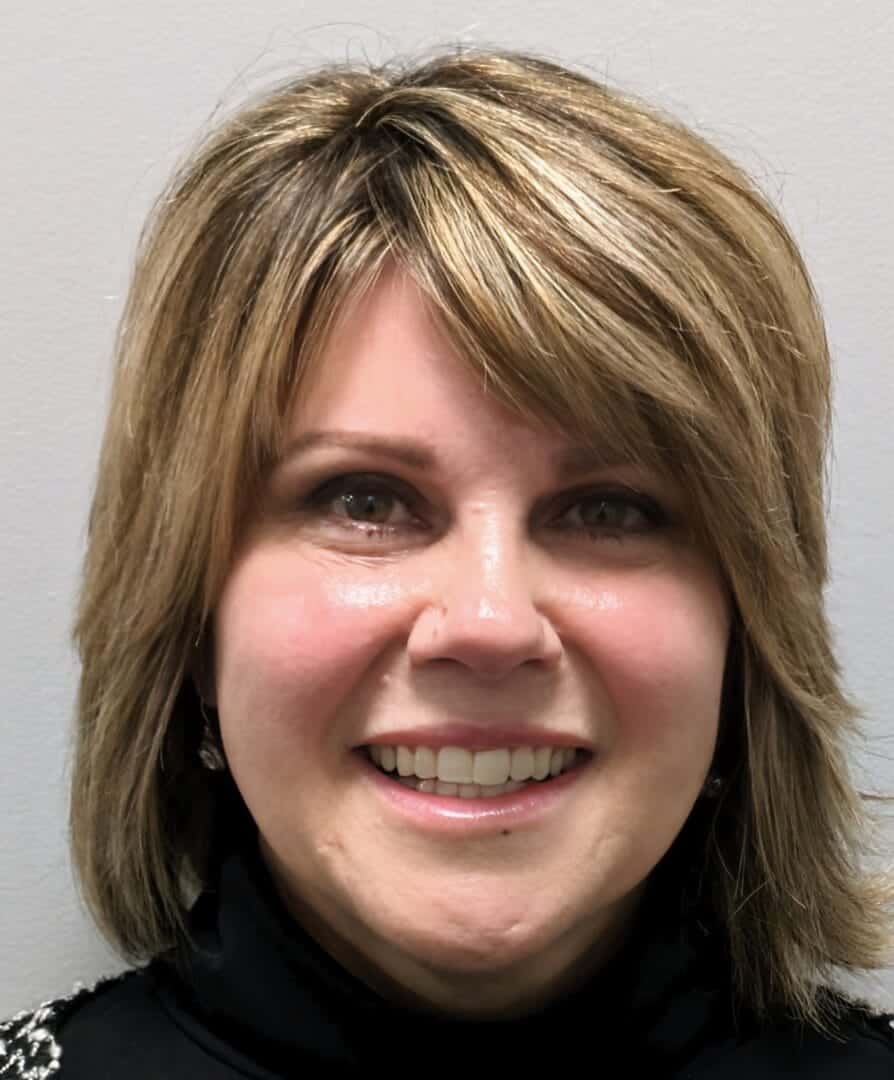Key Takeaways
- Alcohol rehab in Chandler offers a controlled environment for addiction recovery, focusing on the mental and physical issues concerning recovery.
- This all-encompassing approach combines medical detox with therapy and relapse prevention techniques.
- Evidence-based practices encourage long-term sobriety with the use of cognitive behavioral therapy and personal treatment plans.
- A good helping community and good professional guidance can help in preventing relapse.
Introduction
Alcohol use disorder recovery is an ongoing process, and for many, professional help is key to lasting sobriety. For those in Arizona, alcohol rehab in Chandler is a regimented road to recovery that combines medical know-how, therapy, and being equipped with lifelong tools for recovery. Because self-directed recovery efforts frequently falter in the face of withdrawal hurdles and relapse cues, rehab programs deliver ongoing care. These include the use of evidence-based treatments along with a person-centred philosophy of compassionate care, and empowerment to begin life anew with a heightened sense of stability and emotional security.Why is Professional Rehab Essential for Long-Term Recovery?
One of the biggest obstacles to people who are trying to stop drinking is dealing with withdrawal and cravings. It can be overwhelming to deal with this stage without medical help and can even be dangerous. In Chandler, primary treatment options follow a safe, comfortable alcohol detox procedure which is supervised by staff. Medical staffs offer crucial assistance to help people deal with withdrawal, and to lay the groundwork for the therapeutic work to follow. Professional rehab is also more than understanding what happens in alcohol detox. It goes beyond the initial withdrawal process to include therapy, and education, and planning their lifestyle, to help people understand why they drink in the first place. Alcohol use disorder, according to the National Institute on Alcohol Abuse and Alcoholism, is a brain-based condition, and it demands structured treatment, not just the exercise of will. Rehab is the safeguard to ensure you can build your recovery on solid medical ground.
How Do Therapies Strengthen Sobriety?
Therapy is a crucial part of a long-term recovery strategy because it teaches people how to identify and manage triggers. For instance, Chandler rehab facilities often use Cognitive Behavioral Therapy (CBT). By addressing negative patterns of thought, therapy with a CBT therapist in London can be really useful in working to suppress these and replace them with healthier coping mechanisms. Beyond CBT, group counselling, family therapy, and peer support all offer vital links. These methods help people to restore relationships and establish a network of accountability. The coping strategies learned in therapy will also help maintain sobriety after rehab and during recovery with interactive support from the group.What Role Does Education and Lifestyle Planning Play?
Education is another bedrock of successful rehab. Once you know how alcohol influences your brain and body, you can make the right choices for your recovery. Addiction changes brain function and recovery depends on long-term changes in behavior, according to the National Institute on Drug Abuse. Lifestyle planning for alcohol rehab in Chandler can also incorporate education on stress management, nutrition, getting regular exercise, and developing routines that are good for you. Those are things that promote people to create a healthy life that is conducive to sobriety. When combined with personalized plans of care, it enables clients to maintain focus and perspective continued long after treatment has ended.How Do Rehab Programs Prevent Relapse?
Relapse prevention is a key focus of alcohol rehab in Chandler. Structured interventions impart skills to recognize warning signs, how to deal with cravings and how to obtain help before high-risk situations get out of hand. Recovery specialists may even connect you to self-help groups and community-based resources outside the treatment facility. When clients develop a strong underpinning of accountability they can make their way through adversity while resisting the gravitational pull of old habits and attitudes. The aftercare planning incorporates ongoing therapy, alumni programs, and check-ins to further commit to long-term success.
Conclusion
Sustaining sobriety is about more than just quitting alcohol; it requires a holistic plan that addresses the body, mind, and environment. Alcohol rehab in Chandler provides individuals with medical care, evidence-based therapies, and relapse prevention strategies that increase the chances of long-term recovery. If you or someone you care about is seeking a structured path toward lasting sobriety, Virtue Recovery Chandler offers compassionate, evidence-based treatment options. Call 866-338-5779 today to take the first step toward a healthier future.How Can Addressing Cocaine Addiction Contribute to Long-Term Sobriety During Alcohol Rehab in Chandler?
Addressing cocaine addiction heart health is crucial during alcohol rehab in Chandler. Overcoming both dependencies not only fosters physical recovery but also enhances emotional resilience. Clients gain vital coping strategies, reducing the likelihood of relapse. A holistic approach ensures a stronger foundation for long-term sobriety, paving the way for a healthier future.
FAQs
What is the typical duration for alcohol rehab in Chandler?
Length of treatment will vary, based on your needs. Some programs are a few weeks long, others can last for several months. The duration of intervention usually has an impact on the treatment result.Do you just detox in alcohol rehab?
No, detox is only the beginning. Detox makes it possible to safely manage withdrawal, but therapy and aftercare are what’s needed to achieve longterm sobriety.”What types of Chandler rehab programs are available?
Therapies may involve cognitive behavioral therapy, group counseling, family sessions and holistic techniques, such as mindfulness and stress management.Can families play a role in the recovery process?
Yes, many promote family participation through education and counseling. This reinforces trust and offers supportive home environment.Are rehab services confidential?
Yes, all ethical alcohol rehab facilities observe strict confidentiality in order to protect the privacy of individuals who are receiving help for alcoholism.Resources
-
- Volkow, N.D., Koob, G.F., & McLellan, A.T. (2016). Neurobiologic Advances from the Brain Disease Model of Addiction. New England Journal of Medicine. https://pmc.ncbi.nlm.nih.gov/articles/PMC7813220/?utm_source=chatgpt.com
-
- National Institute on Alcohol Abuse and Alcoholism. (2023). Understanding Alcohol Use Disorder. https://www.niaaa.nih.gov/publications/brochures-and-fact-sheets/understanding-alcohol-use-disorder?utm_source=chatgpt.com
-
- National Institute on Drug Abuse. (2020). Treatment and Recovery. https://nida.nih.gov/publications/drugs-brains-behavior-science-addiction/treatment-recovery?utm_source=chatgpt.com








